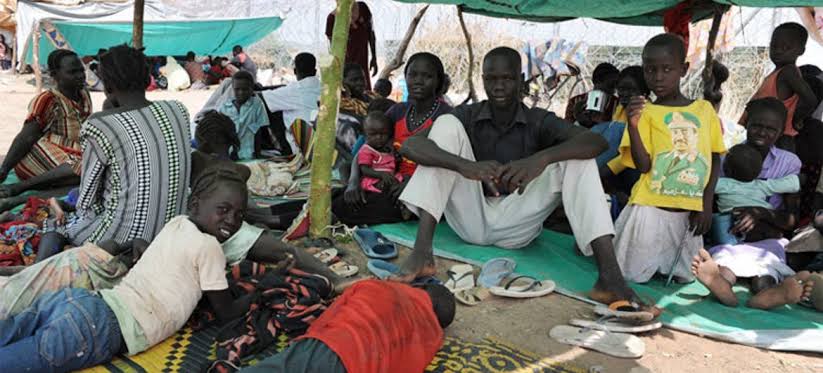Fighting along the Nile River in South Sudan has blocked humanitarian aid from reaching over 60,000 malnourished children in the northeast of the country for nearly a month, according to two United Nations agencies.
The U.N.’s World Food Programme (WFP) and UNICEF (the agency for children) stated that nutrition supplies for Upper Nile State, which has some of the highest rates of malnutrition in the country, are expected to be depleted by the end of May.
“Children are already the first to suffer during emergencies. If we can’t get nutrition supplies through, we are likely to see escalating malnutrition in areas already at breaking point,” said Mary-Ellen McGroarty, WFP’s representative in South Sudan, in a joint WFP-UNICEF statement.
The Nile serves as a vital transport route in South Sudan due to the country’s limited paved roads and challenging terrain, especially during the rainy season when many roads become impassable.
While the agencies did not specify which fighting had disrupted the aid barges, government forces have been engaged in conflict with an ethnic Nuer militia known as the White Army in areas near the Nile since March.
These battles contributed to the arrest of First Vice President Riek Machar and a growing political crisis, which the United Nations has warned could reignite the civil war that ended in 2018.
In mid-April, barges carrying 1,000 metric tonnes of food and nutrition supplies destined for Upper Nile State were forced to turn back due to insecurity, WFP and UNICEF reported.
The agencies decided against pre-positioning supplies in health centers and warehouses in insecure areas, citing concerns that they could become targets for looting.
“We have reluctantly taken the unprecedented step of holding back supplies for fear that they will not reach the children that so desperately need them, due to the ongoing fighting, looting and disruption of the river route,” said Obia Achieng, UNICEF’s representative.






